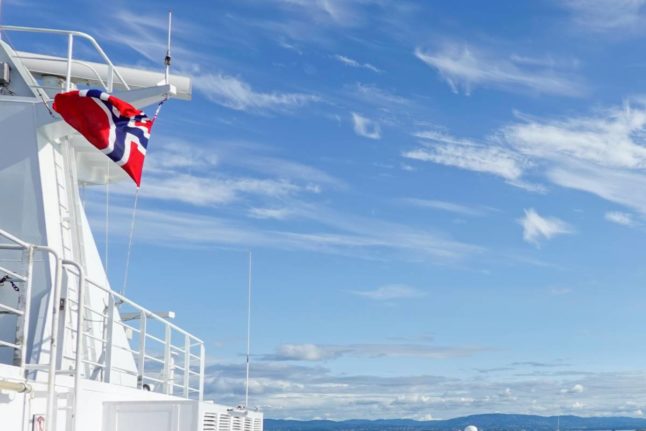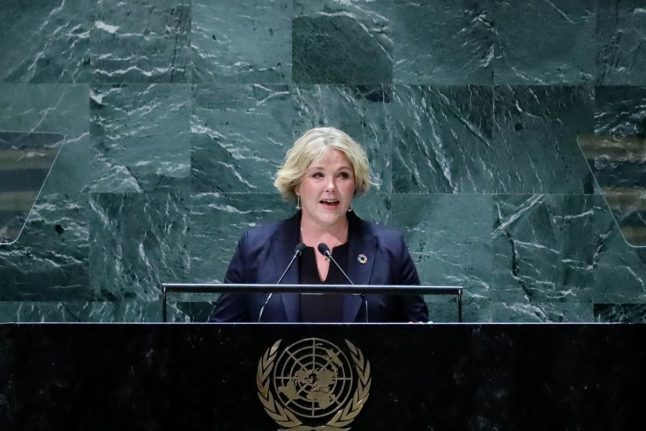The new World Press Freedom Index, published on Friday by Reporters Without Borders (RSF), once again singled out Norway as the global champion of press freedom.
Norway has scored high on virtually all indicators, including the political, economic, legislative, social, and security ones. Its total final score was 91.89 – a drop from 95.18 in 2023 but still high enough for Norway to remain in first place.
Norway has also seen a fall in its political indicator score, which emerged as a common theme in this year’s index.
Ireland (8th), where politicians have subjected media outlets to judicial intimidation, has ceded its leading position in the European Union to Denmark (2nd), followed by Sweden (3rd).
The RSF further commented on the countries that performed the worst in this year’s index: “The three Asian countries at the bottom of last year’s Index – Vietnam, China and North Korea – have ceded their positions to three countries whose political scores have plummeted: Afghanistan, which has persecuted journalists incessantly since the Taliban returned to power; Syria; and Eritrea, which is now last in both the political and overall rankings.
“The last two countries have become lawless zones for the media, with a record number of journalists detained, missing or held hostage.”
A robust legal framework and vibrant media landscape
Reporters Without Borders pointed out that Norway’s robust legal framework and vibrant media landscape have contributed to its continued success in promoting press freedom.
The organisation further said that the Norwegian media market boasts diverse outlets, including the dominant public service broadcaster NRK and various private publishing companies, all of which operate with extensive editorial independence.
Despite the presence of a strong public broadcaster, digital platforms like the online version of the VG newspaper have gained prominence, reflecting a dynamic and evolving media environment.
“The Norwegian media operate in a favourable political environment. By and large, Norwegian politicians refrain from labelling unfavourable coverage as ‘fake news’ and from disparaging its authors.
“Parliamentarians and government ministers avoid approaching the editorial boards of publications subsidised by public bodies”, the RSF said.
The full findings of the 2024 World Press Freedom Index can be found on the RSF website.



 Please whitelist us to continue reading.
Please whitelist us to continue reading.
Member comments